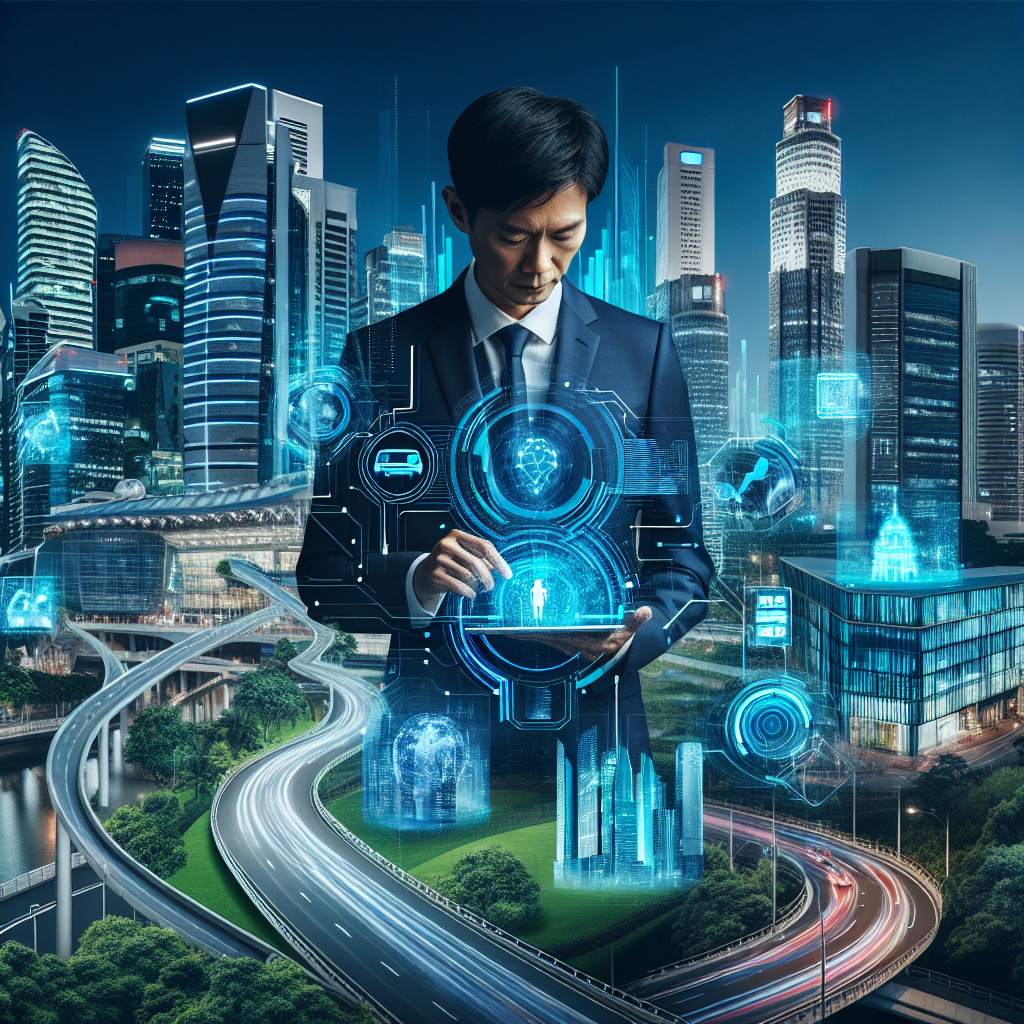As technology continues to advance, the concept of smart cities has become more prevalent in discussions surrounding urban development. Smart cities use various technologies, such as the Internet of Things (IoT) and artificial intelligence (AI), to improve the quality of life for residents, enhance efficiency in public services, and reduce environmental impact. AI consulting plays a crucial role in the implementation and management of these technologies in smart cities.
AI consulting firms provide expertise in developing and deploying AI solutions for smart city initiatives. They work closely with city governments, agencies, and other stakeholders to identify areas where AI can be leveraged to improve city operations and services. These firms help to design and implement AI-powered systems that can analyze vast amounts of data, automate processes, and make predictive recommendations to optimize resource allocation and decision-making.
One of the key areas where AI consulting is making a significant impact in smart cities is in the realm of public safety. AI-powered systems can analyze data from various sources, such as surveillance cameras, social media, and emergency calls, to detect patterns and anomalies that may indicate potential threats or criminal activity. By using AI algorithms to process this data in real-time, law enforcement agencies can respond more quickly and effectively to incidents, ultimately enhancing the safety and security of residents.
In addition to public safety, AI consulting firms are also helping smart cities improve transportation systems, energy efficiency, waste management, and healthcare services. For example, AI algorithms can optimize traffic flow by analyzing real-time data from sensors and cameras to adjust traffic signal timings and reroute vehicles to reduce congestion. In the healthcare sector, AI-powered systems can analyze medical records and genetic data to personalize treatment plans and predict potential health risks for individuals.
Furthermore, AI consulting firms play a crucial role in ensuring that smart city initiatives are inclusive and equitable for all residents. By leveraging AI technologies, cities can better understand the needs and preferences of diverse populations, identify areas of inequality, and design solutions that address these disparities. For example, AI algorithms can analyze data on housing affordability, access to public transportation, and healthcare outcomes to identify communities that may be at risk of being left behind in the digital transformation of cities.
Moreover, AI consulting firms help smart cities navigate complex regulatory and ethical considerations related to the use of AI technologies. They assist in developing policies and governance frameworks that ensure the responsible and transparent use of AI in city operations. By working closely with city officials, stakeholders, and the public, AI consulting firms help build trust and accountability in the deployment of AI systems in smart cities.
In conclusion, AI consulting plays a critical role in the development and implementation of smart city initiatives. By leveraging AI technologies, cities can improve public safety, transportation systems, energy efficiency, healthcare services, and overall quality of life for residents. AI consulting firms provide the expertise and guidance needed to design and deploy AI solutions that address the unique challenges and opportunities of smart cities. As smart cities continue to evolve, AI consulting will be essential in driving innovation, sustainability, and inclusivity in urban development.
FAQs:
1. What is AI consulting?
AI consulting involves providing expertise and guidance on the development and deployment of artificial intelligence solutions for various industries and applications. In the context of smart cities, AI consulting firms work with city governments and stakeholders to design and implement AI-powered systems that improve city operations and services.
2. How does AI consulting benefit smart cities?
AI consulting helps smart cities leverage AI technologies to enhance public safety, transportation systems, energy efficiency, healthcare services, and overall quality of life for residents. By analyzing vast amounts of data and making predictive recommendations, AI systems can optimize resource allocation, automate processes, and improve decision-making in urban environments.
3. What are some examples of AI applications in smart cities?
AI applications in smart cities include predictive policing systems that analyze data to prevent crime, traffic management systems that optimize traffic flow, energy management systems that reduce consumption, and healthcare systems that personalize treatment plans. These applications help cities improve efficiency, sustainability, and inclusivity in urban development.
4. How do AI consulting firms ensure the responsible use of AI in smart cities?
AI consulting firms work with city officials, stakeholders, and the public to develop policies and governance frameworks that ensure the responsible and transparent use of AI technologies in city operations. By addressing regulatory and ethical considerations, AI consulting firms help build trust and accountability in the deployment of AI systems in smart cities.

